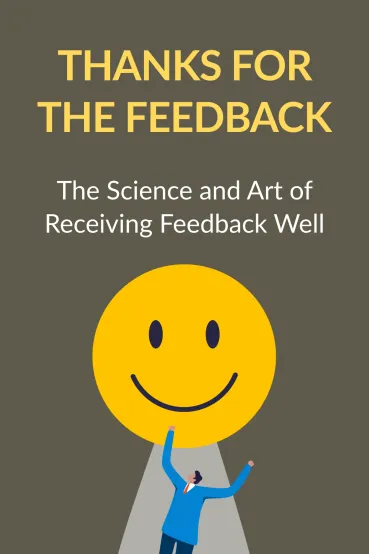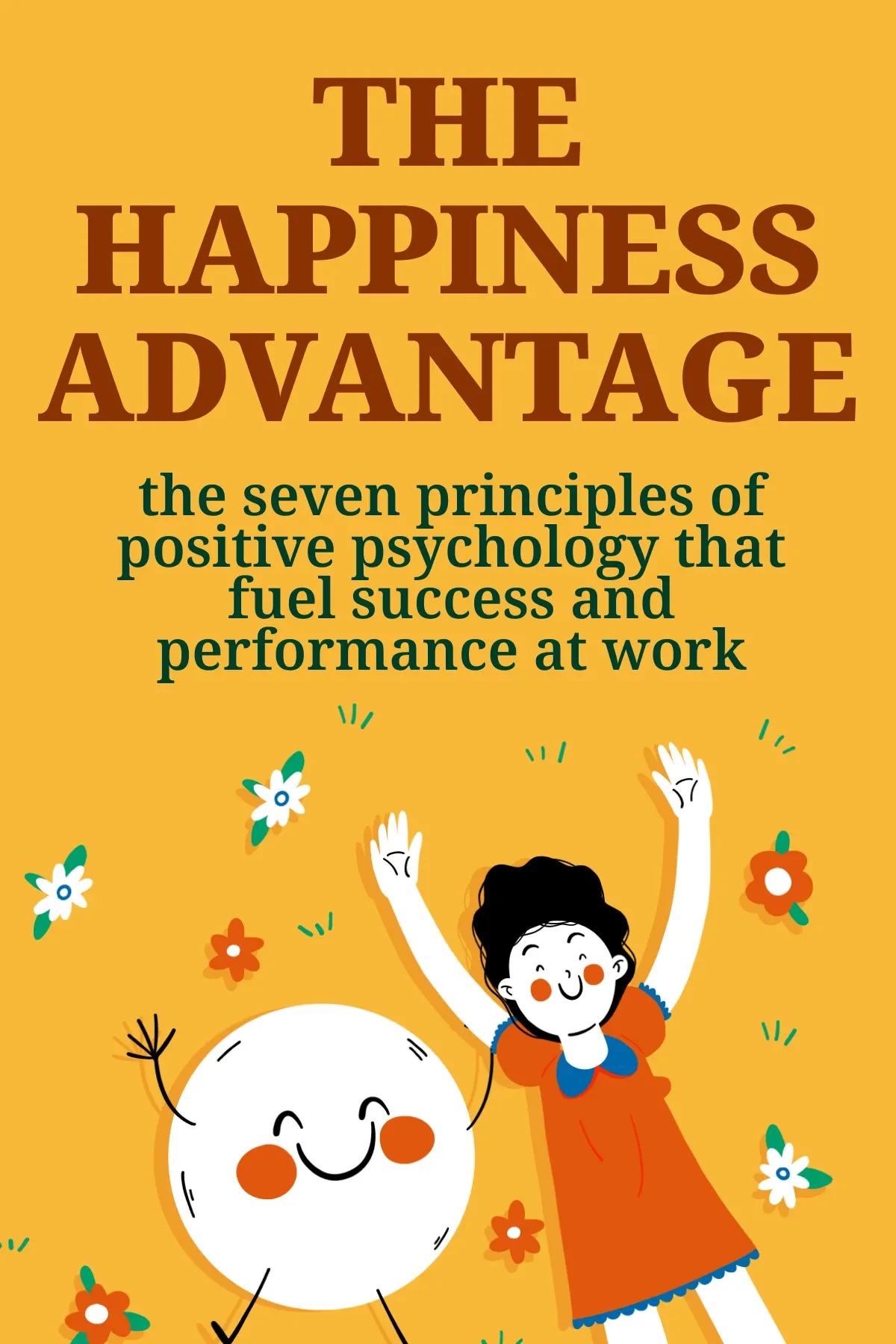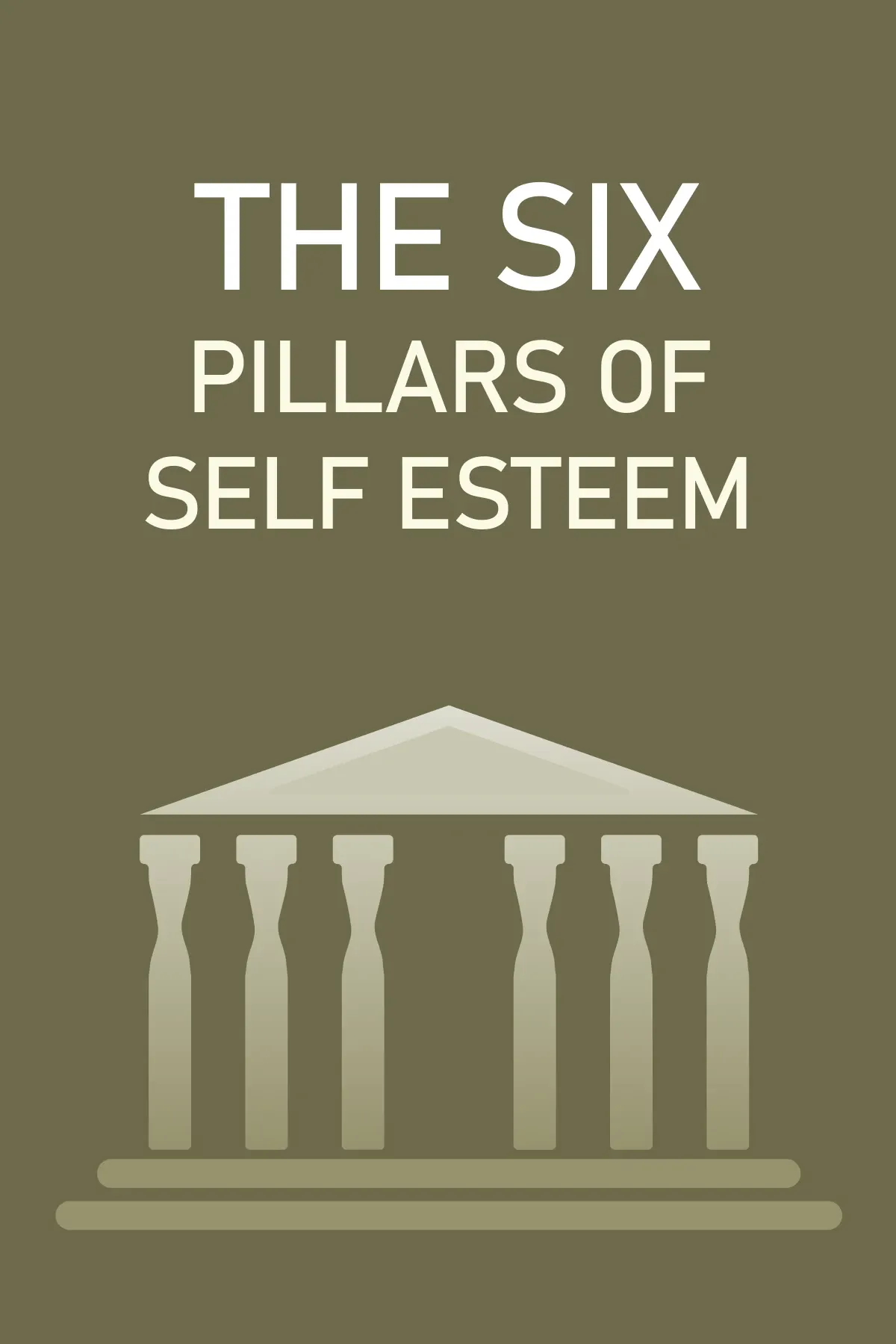
Thanks for the Feedback
Brief Summary
Feedback is vital for improvement, but it’s often difficult to accept your mistakes. “Thanks for the Feedback” by Douglas Stone and Sheila Heen can teach you to handle criticism gracefully, learn from somebody’s advice, and use feedback for growth.
Key points
Key idea 1 of 7
In life, we constantly receive feedback on our work, actions, knowledge, character, and behavior. Let’s start with the good news: not all feedback is difficult to obtain; often, it can even be enjoyable. Imagine that you got a good grade on an exam and your teacher says, “I am incredibly impressed with your progress!” How would you feel at that moment? Most likely, you would be proud of your achievement and happy about the praise.
However, there is another type of feedback that makes us feel tight inside, slows our breathing, and causes us to experience a range of negative emotions. This means only one thing: you are encountering your trigger in the feedback. Because of these reactions to triggers, we cannot extract potentially useful information from feedback. Instead, we focus on the emotions that these words or the person giving the feedback evoke. To avoid falling into this trap, recognize the three types of feedback triggers: Truth Triggers, Relationship Triggers, and Identity Triggers.
Starting off with Truth Triggers, which are based on your internal understanding of what is true and what is not. If you believe that the feedback is true and fair, you are ready to accept it. If you doubt its accuracy, you will be more inclined to reject it. For instance, if someone tells you that you are not communicative enough, but you consider yourself an excellent communicator, this may cause you to doubt the accuracy of the feedback.
The next type of feedback trigger is the Relationship Trigger: here, we focus not on the information itself, but on who is saying it. When feedback is provided by someone you don’t trust, you will not perceive this feedback objectively. If a colleague with whom you are constantly in conflict tells you that you did the task incorrectly, you will most likely think that this has more to do with their dislike of you than with the essence of the task.
Finally, there is a third type called Identity Triggers, which concerns you as a person. This trigger occurs when feedback challenges your personal beliefs or self-esteem. For example, if someone tells you that you are not productive enough at work, you may perceive this as an attack on your value as a professional.
FAQ
You may also like these summaries











